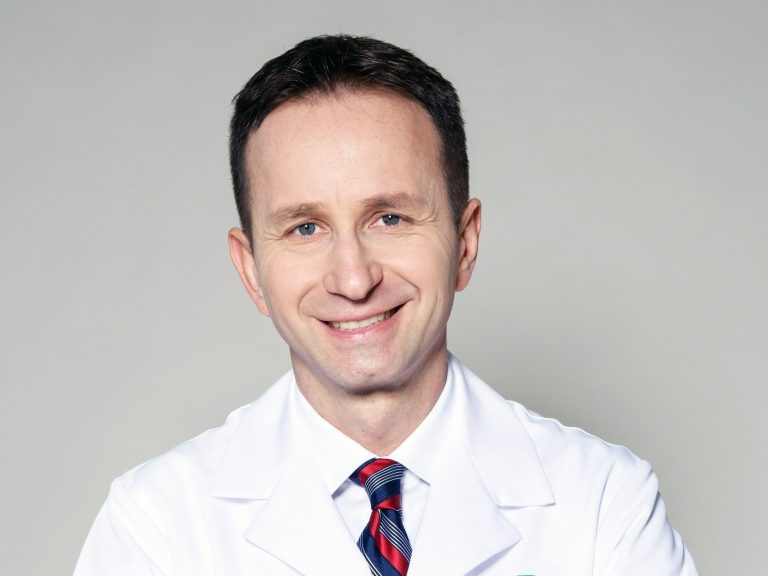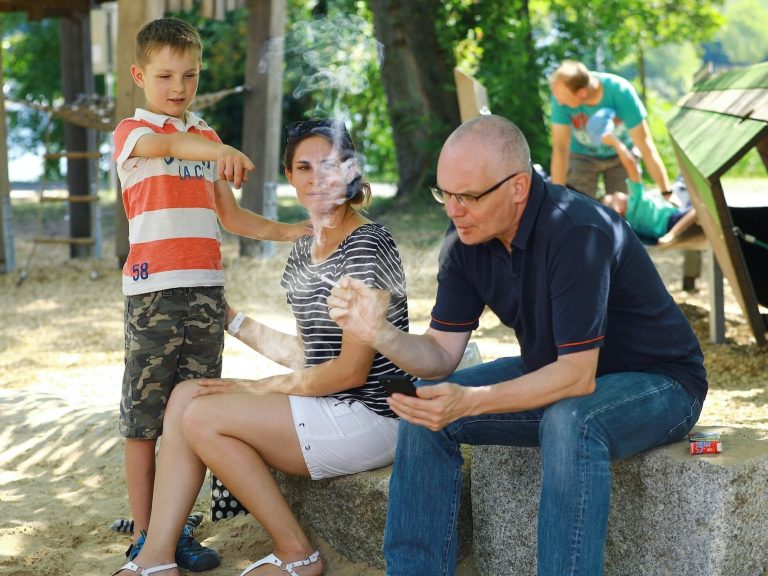They were in despair. Now that will change. Oncologist: This program is a success for women

– There were situations when a woman, despite the high risk of breast cancer recurrence, did not decide on optimal treatment, fearing that she would not be able to have a child. I hope that there will be no such situations thanks to the fact that the in vitro program is designed to preserve fertility after oncological treatment – says “Wprost” Dr. Katarzyna Pogoda, who has been treating women with breast cancer at the National Institute of Oncology for years. Also very young.
Katarzyna Pinkosz, “Wprost”: Women suffering from cancer have won that thanks to the new in vitro program they will have a better chance of giving birth to a child. This is a success for women, but also a success for oncology.
Dr. Katarzyna Weather: Yes, because today we no longer focus only on cancer treatment, but thanks to increasingly better treatment, oncologists also think about women realizing their life plans and dreams.
The youngest women with breast cancer you treat: how old are they?
I have patients in their twenties, often just out of college. The diagnosis is a shock for them, they never thought they could get sick. Approx. 6 percent women suffering from breast cancer are people under 40 years of age. This group has doubled in the last 20 years.
Approx. 1,000 young women in Poland are diagnosed with breast cancer every year.
The second shock is that they may be losing their chance to have a child at this age. And often they haven't had time to think about it yet.
Very often, a patient comes to me at the beginning of cancer treatment, saying that she does not have children yet. It's a double trauma for her; first he finds out he has cancer. Secondly, her chance of having a child is significantly reduced.
That is why it is so important to be able to use fertility preservation methods before oncological treatment. There were situations, fortunately very rare, in which a woman, despite the high risk of breast cancer recurrence, did not decide to undergo additional chemotherapy, for example, fearing that she would not get pregnant later. And for many women this is a priority.
I hope that such situations will no longer occur, thanks to the fact that oncofertility methods will be reimbursed.






